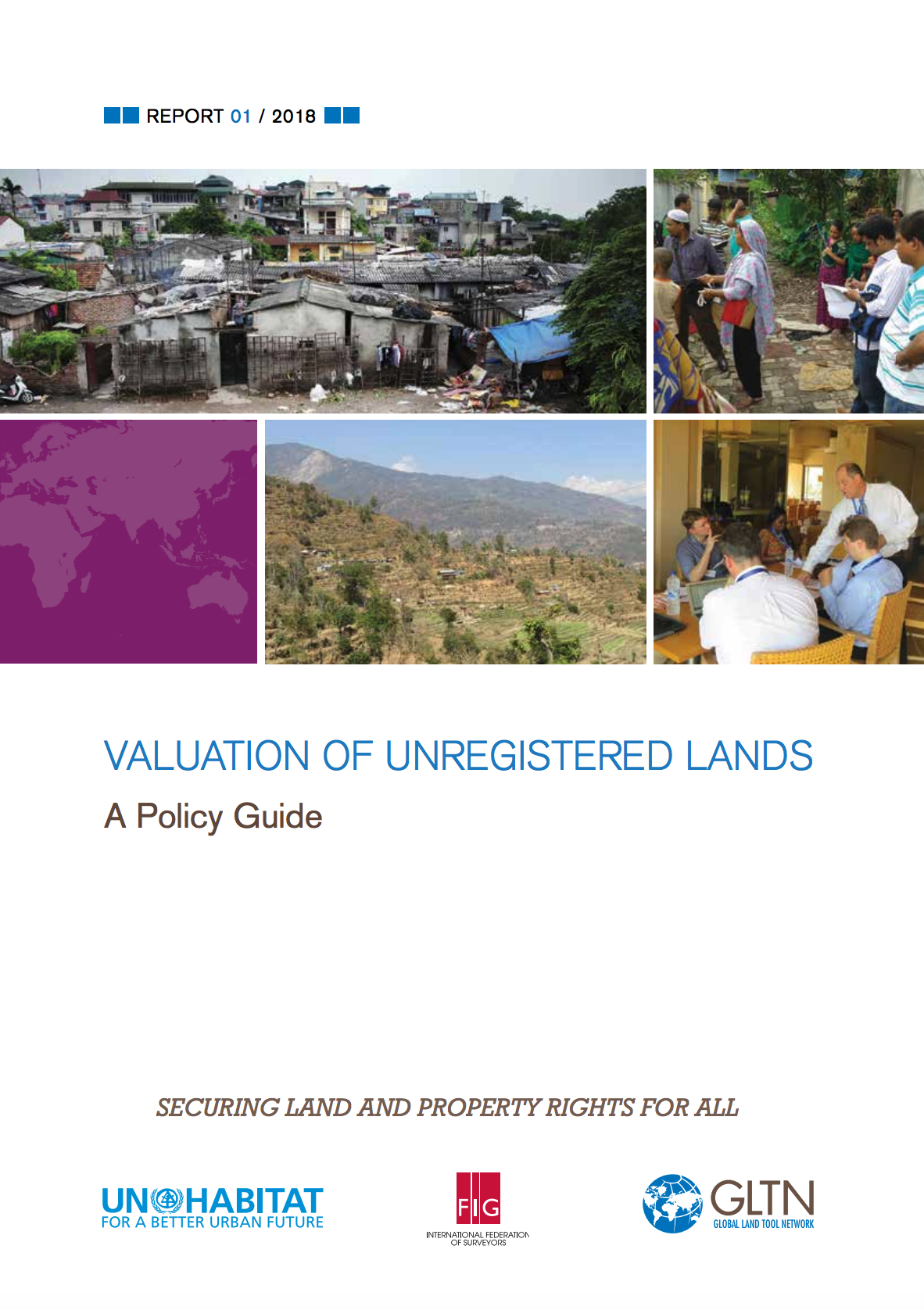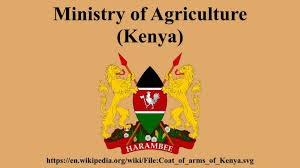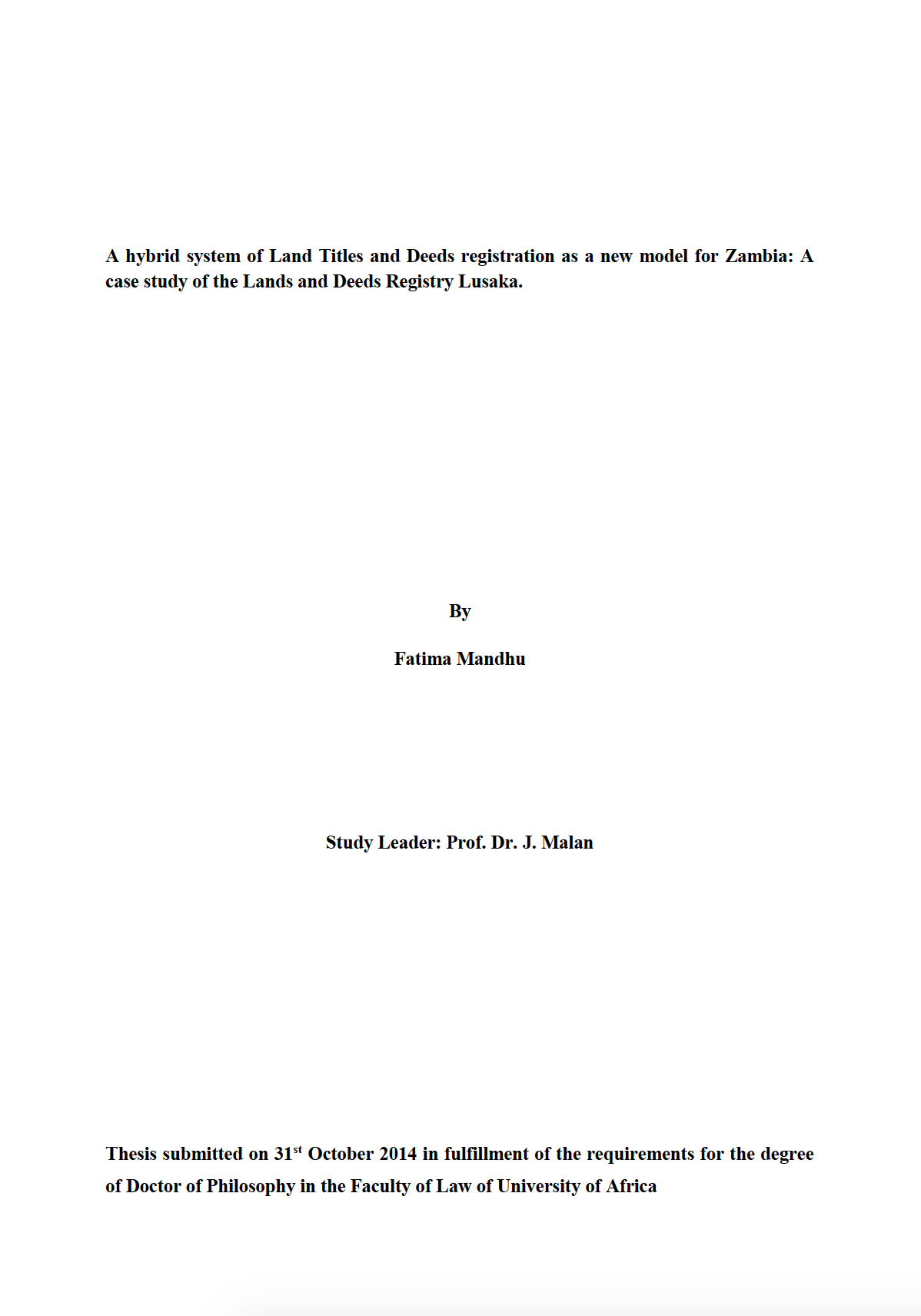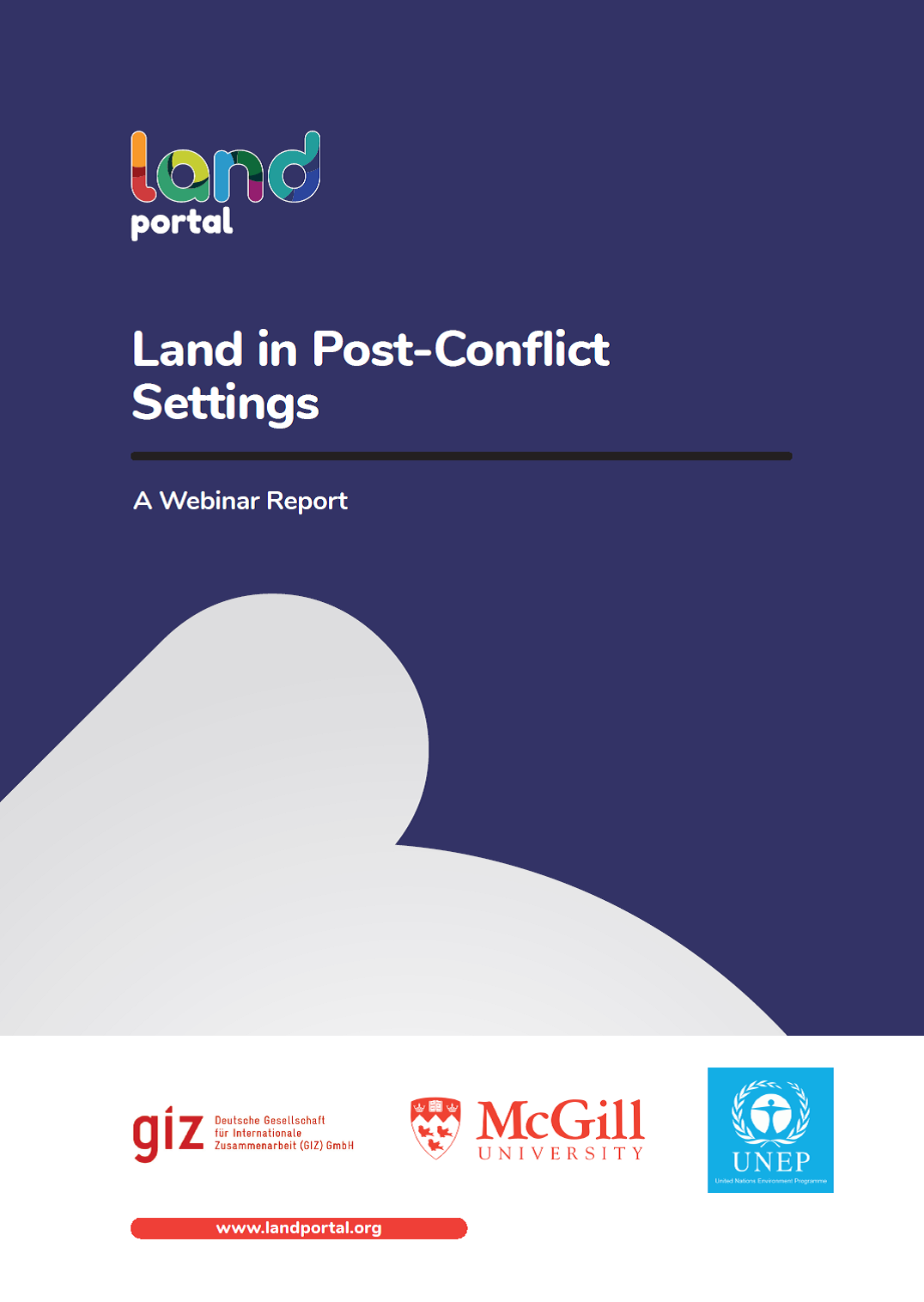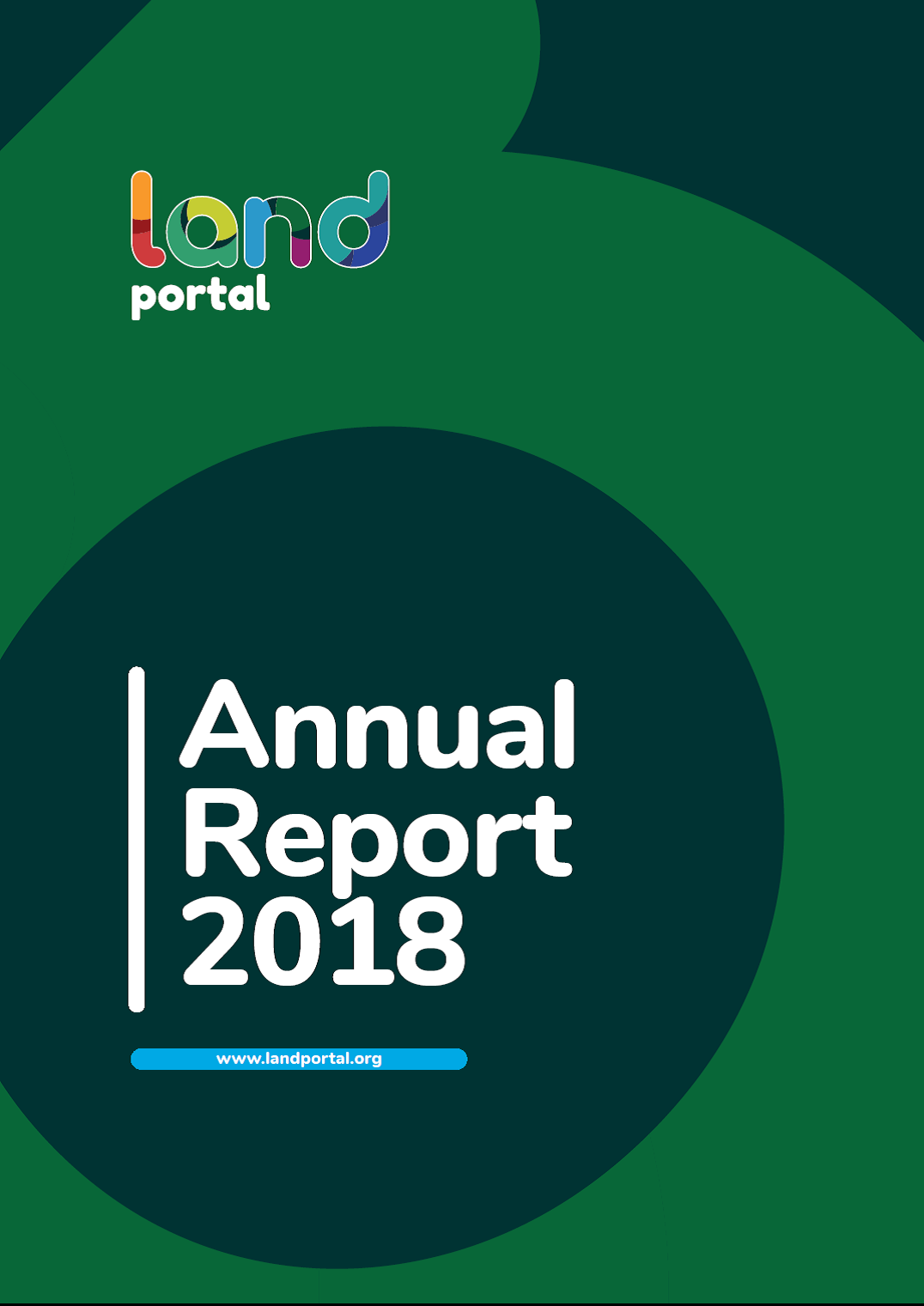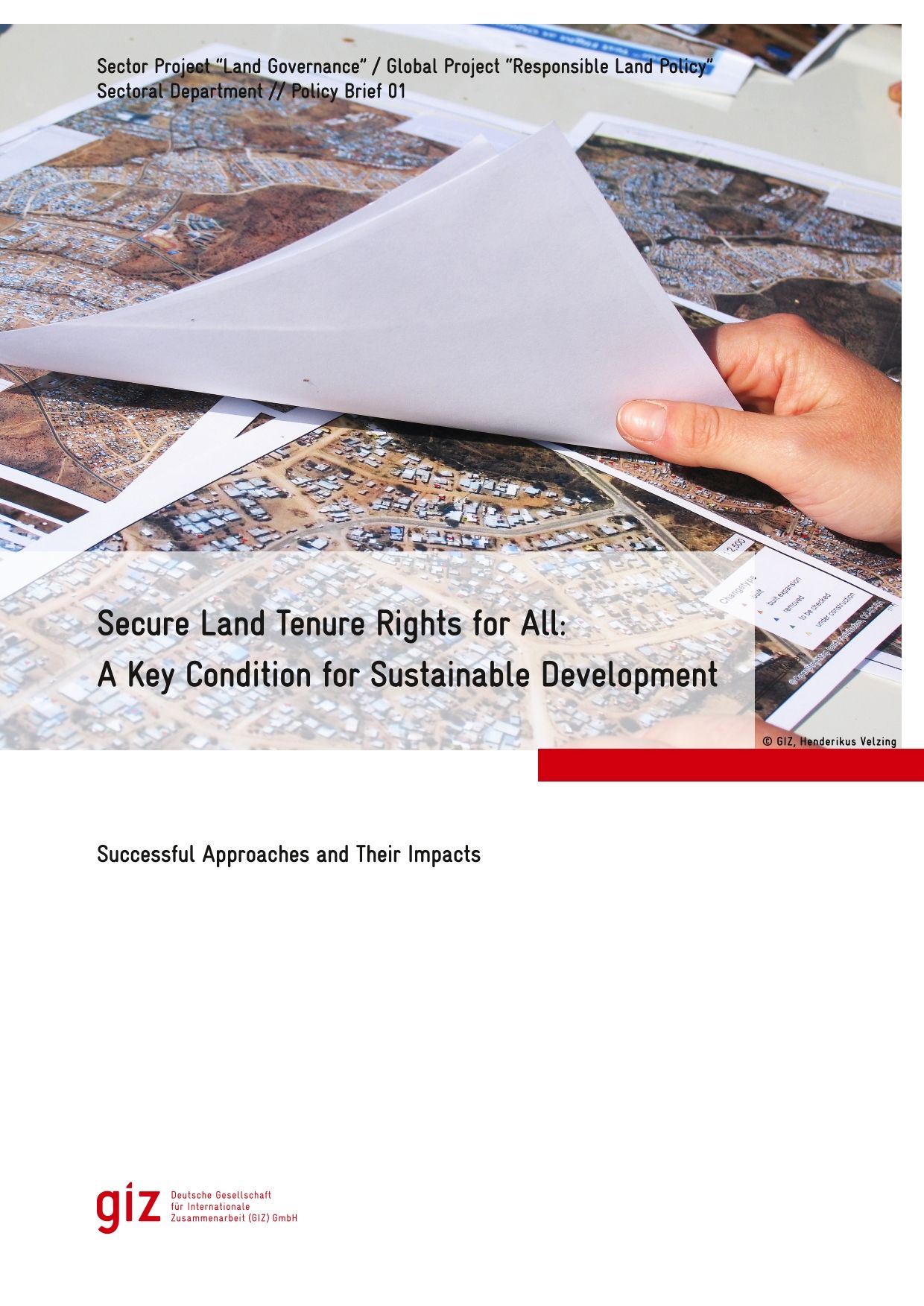Department of Rural Development & Land Reform: 3rd quarter 2014/15 performance & progress report on its DPME MPAT evaluation
The Department of Rural Development and Land Reform (DRDLR) briefed the Committee on its third quarter 2014/15 performance and progress on the recommendations made by the Department of Performance Monitoring and Evaluation (DPME) and the Management Performance Assessment Tool (MPAT) evaluation.



